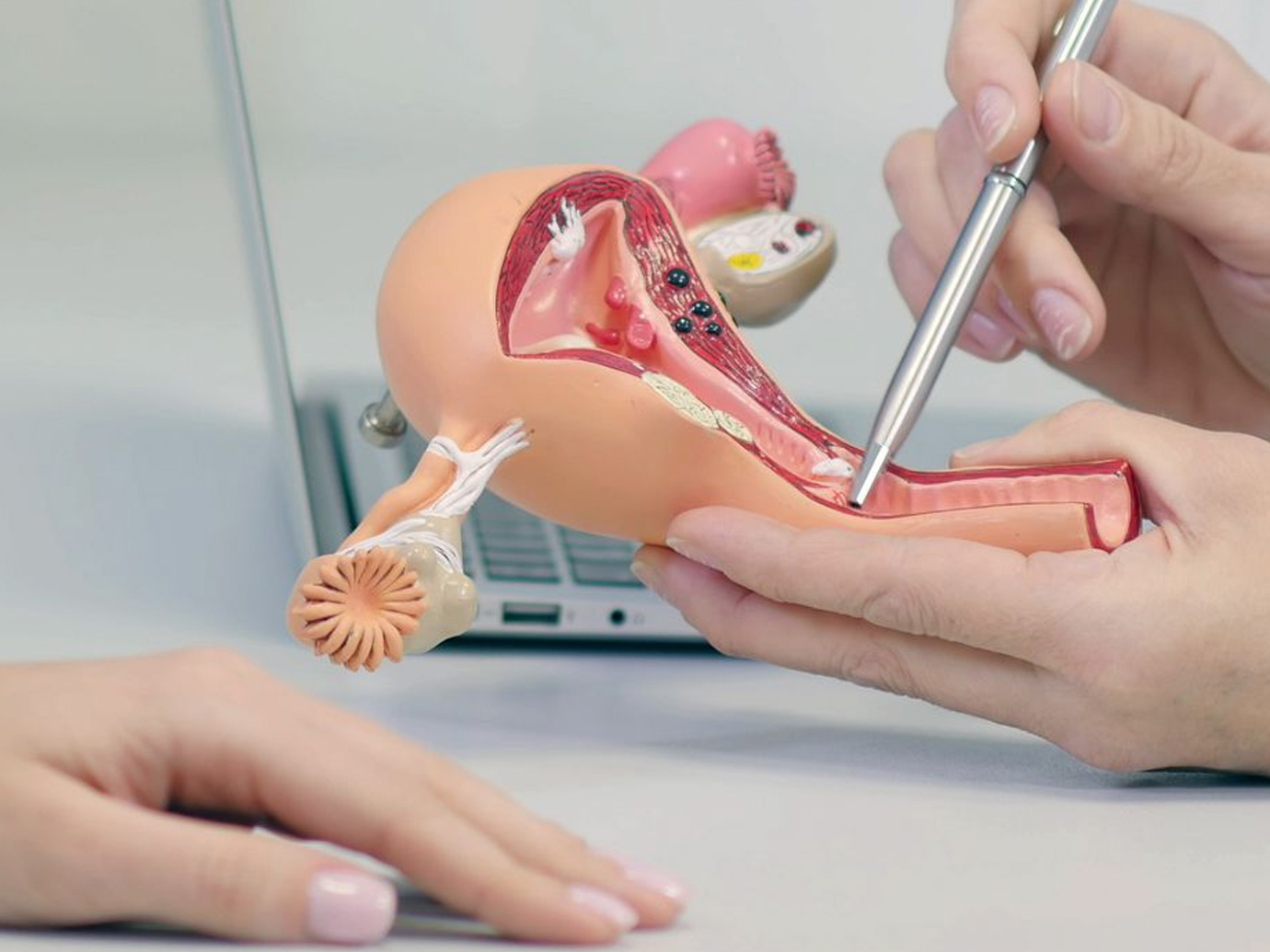It can be challenging to differentiate “normal” and signs that could indicate a possible health issue regarding women’s reproductive and sexual health. Itchy vagina? Something odorous down there? Spotting between periods? A bladder leak? These situations may feel too awkward for you to ask your doctors. But that is normal. Remember that your gynecologist has heard and seen it all, and they are responsible for responding to awkward or frightening inquiries. Here are some critical things to discuss with your women’s health specialist:

Vaginal smell
Even though discussing vaginal smell or odor can be awkward, it’s crucial to consult your doctor if you notice a fishy or bad smell or if your regular smell seems to be changing and sticking around for a few days. Even though having an odor is typical, any changes or unpleasant scents could indicate a vaginal infection or bacterial overgrowth.
Painful menstruation
Headaches, aching breasts, and cramps are some of the most typical menstrual symptoms. However, some women experience extremely severe period pain that goes beyond cramps. Your menstrual discomfort may indicate uterine fibroids or endometriosis if it is painful or has been growing worse over time. It is crucial to seek Women’s Health Services if your period symptoms are making it difficult for you to perform daily duties. Numerous solutions exist to lessen the severity or improve the manageability of these issues.
Urine or feces incontinence
Urinal or fecal leakage can be highly distressing. Many postpartum women will have these symptoms, especially if the baby is big or if the vaginal delivery involves the need for forceps or suction. Women’s symptoms may get worse while they go through menopause. Surgical or medical therapy options may be available, depending on the kind of incontinence. You can discuss the appropriate treatment procedures with your gynecologist.
If you experience pain during sex, you can try a few different positions to find one where you feel comfortable. However, you should consult your healthcare practitioner for assistance if you experience pain during sexual activity in any position, lubricants are ineffective in relieving vaginal dryness, or you experience bleeding after sexual activity.
Vaginal dryness
A woman’s age and other mitigating circumstances might have a significant impact on her level of vaginal dryness during sex. For younger women, lack of enough estrogen may cause vaginal dryness, probably due to certain contraceptives. In such a case, one may need to switch birth control if she has this problem and has been on it for a long time.
A busy mother might not be giving herself enough time to arouse and engage in foreplay before intercourse, which could result in dryness. In cases where a postmenopausal woman experiences dryness, a gynecologist may recommend vaginal estrogen therapy as a treatment for low estrogen.
Vaginal bumps or growths
Is it a pimple, an ingrown hair, a shaving wound, or perhaps something more serious? Although bumps around your vaginal or labia are frequently harmless, it’s crucial to have your doctor check you out if you experience any symptoms.
Conclusion
As a woman, it is essential to go for routine checkups to ensure your health and well-being.
